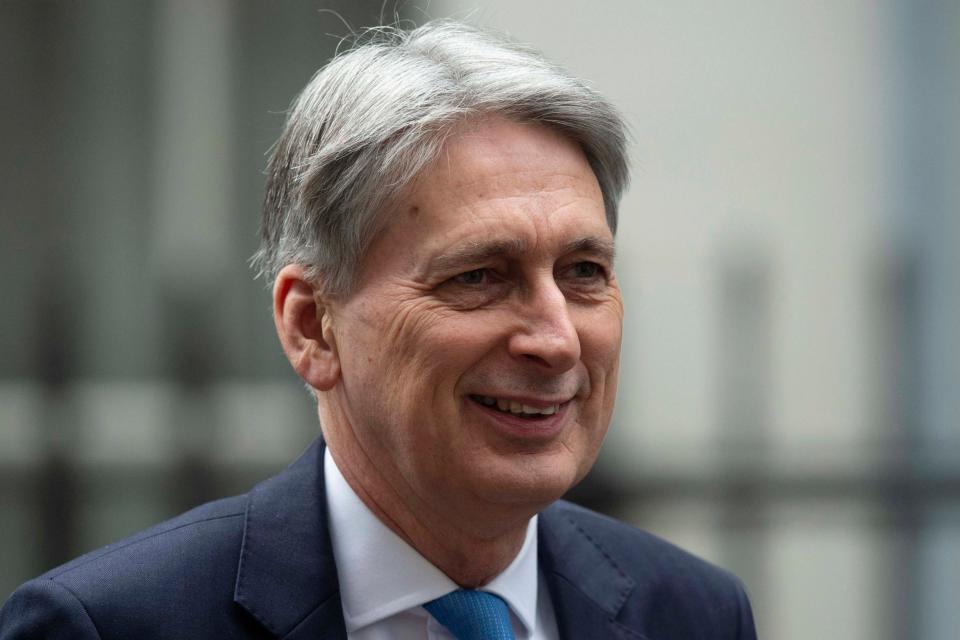Brexit: Philip Hammond’s claim of economic boost if MPs pass deal rejected by his own watchdog
Phillip Hammond’s claim of a big economic boost if MPs pass Theresa May’s Brexit deal has been dismissed by his own watchdog, which predicted a “negligible” effect.
The “uncertainty” hanging over the economy would only be lifted after “several years” when the shape of a future trade deal with the EU is known, the Office for Budget Responsibility (OBR) warned.
The chancellor has leant on MPs to ratify the Brexit agreement by promising a “deal dividend”, where pent-up investment is released to allow him to spend billions to finally end austerity.
But, asked if that would happen if the deal was passed “next week”, Sir Charlie Bean, an OBR committee member, replied: “I don’t think a resolution of the uncertainty next week is possible.”
Sir Charlie predicted “several years of consideration about what the ultimate trading regime is and, also, the migration regime”.
And he told the Commons Treasury Committee: “The likelihood, to be honest, of resolving that uncertainty is close to negligible.
“The reality must be, surely, that – even if you take some of the worst downside tail risks off the table – there is still going to be uncertainty that gradually businesses will learn about and the uncertainty will gradually get resolved.
“A more plausible story is that it comes back over several years.”
Sir Charlie said other countries had enjoyed a near-10 per cent boost to non-housing investment since 2016, which was “roughly what we would have expected” without the “Brexit effect”.
“There’s nothing obvious that has happened in the UK independently that would have acted as a drag on investment,” he told the MPs.
The OBR forecast, following last week’s Spring Statement, was for investment growth to climb back to 2.5 per cent a year, if a disorderly Brexit is avoided.
But he added: “That’s still below what one would expect, given where we are in the cycle, unemployment at low levels.”
Last week, Mr Hammond told MPs he would use a Brexit “deal dividend” to pour billions into “increased spending on public services, capital investment in Britain’s future prosperity and keeping taxes low”.
However, the respected Institute for Fiscal Studies has also cast doubt on a boost from stalled investment, faster growth and higher tax revenues once a deal is signed.
Paul Johnson, its director, said last week that it was “strange” to talk about an economic boost when the forecasts were made on the basis of a deal being agreed.
“This is arguably the best case, or at least the central, scenario. What the chancellor isn’t allowed to say is that what he’s really talking about is a negative dividend from not having a deal,” Mr Johnson said.
Economists have also cast doubt on whether the chancellor has a potential war chest of £26.6bn, as he has argued.
The figure depends on him abandoning his longstanding target of balancing the books by the mid-2020s, it is argued.

 Yahoo News
Yahoo News 

